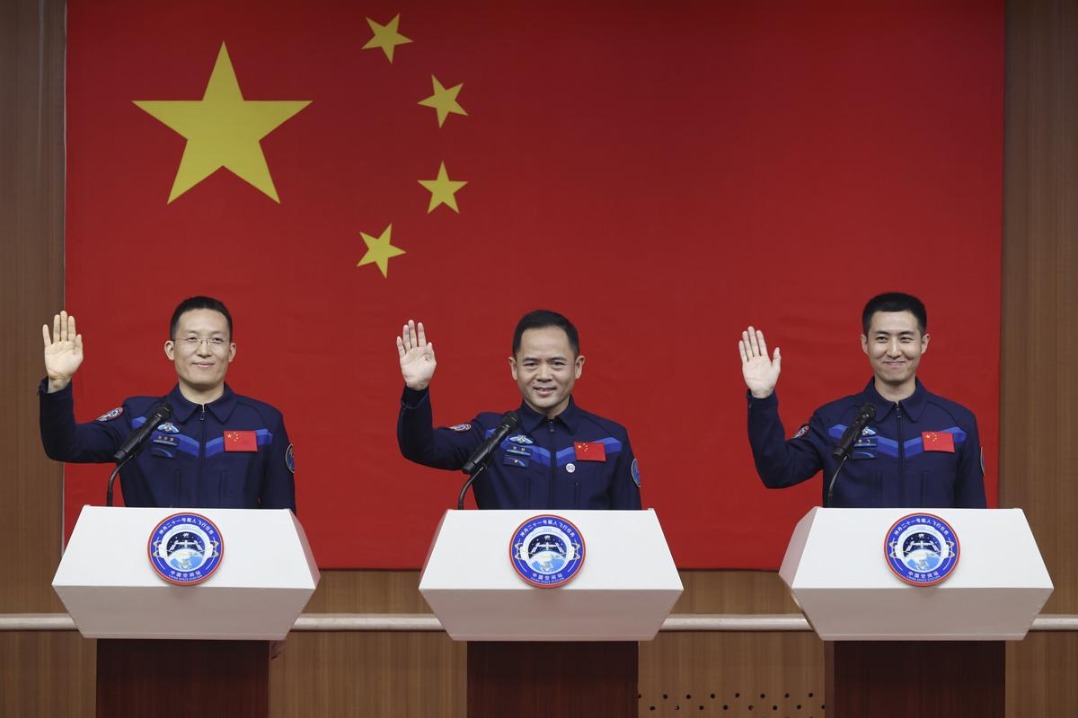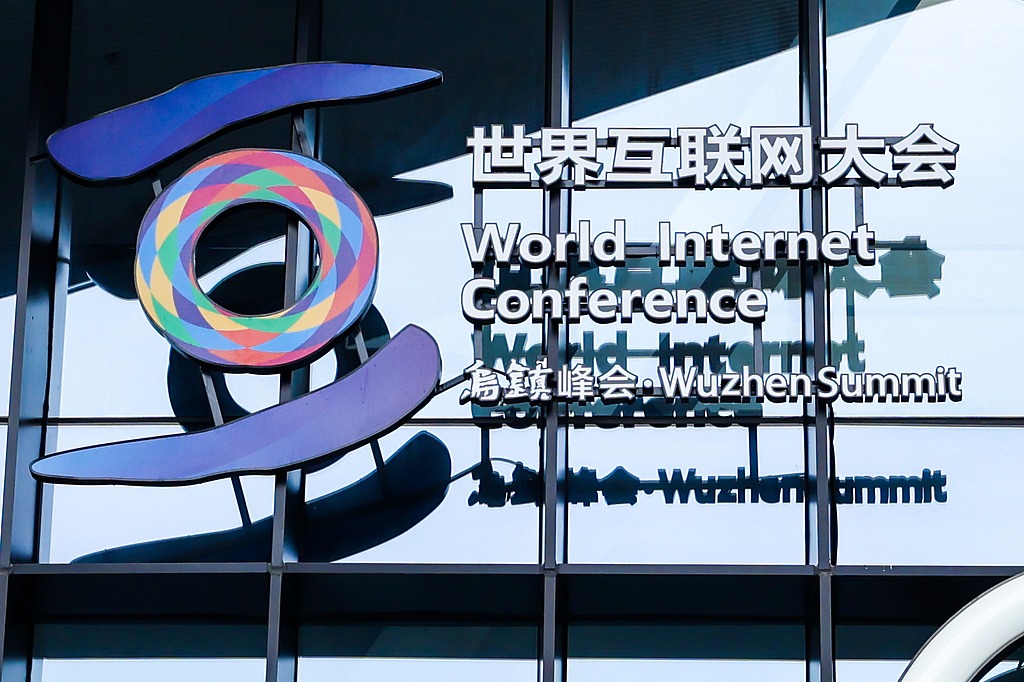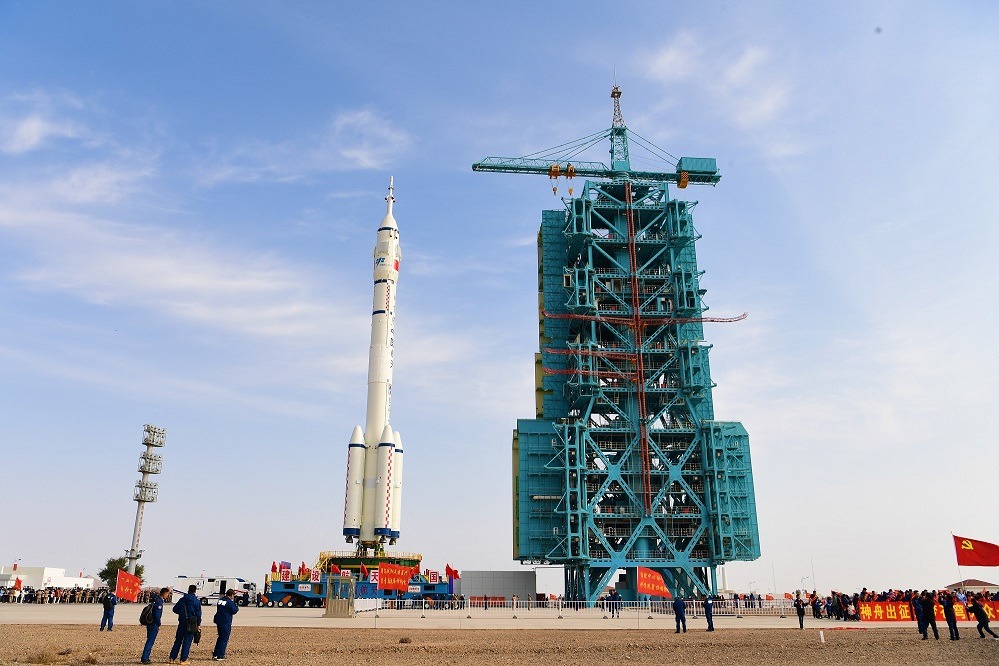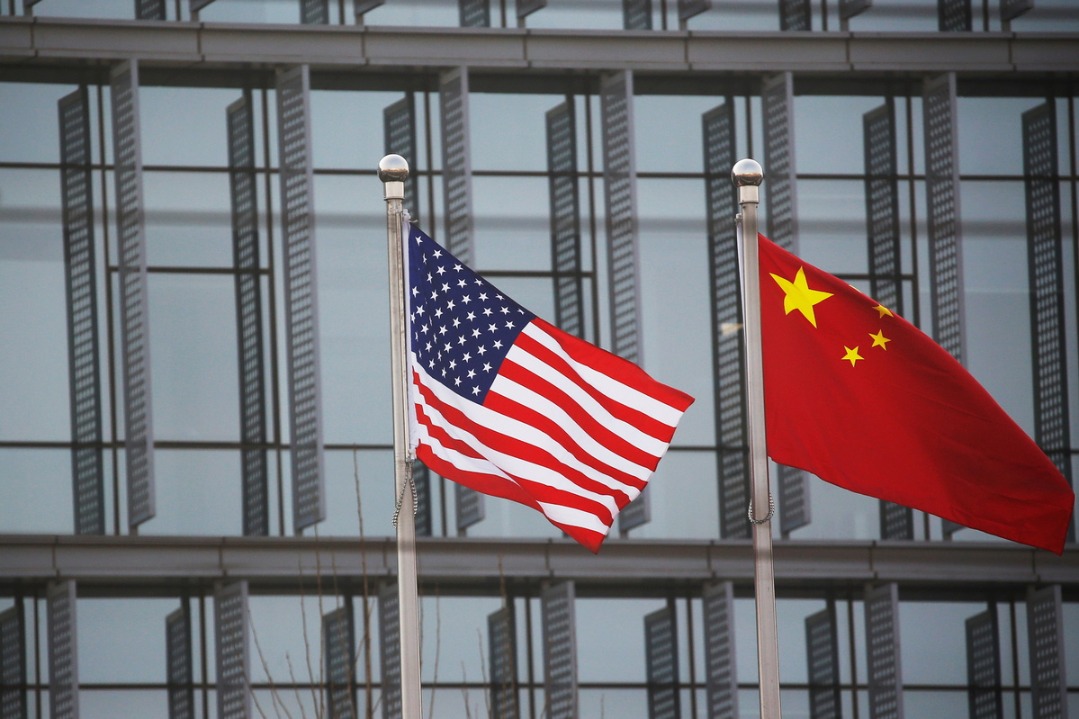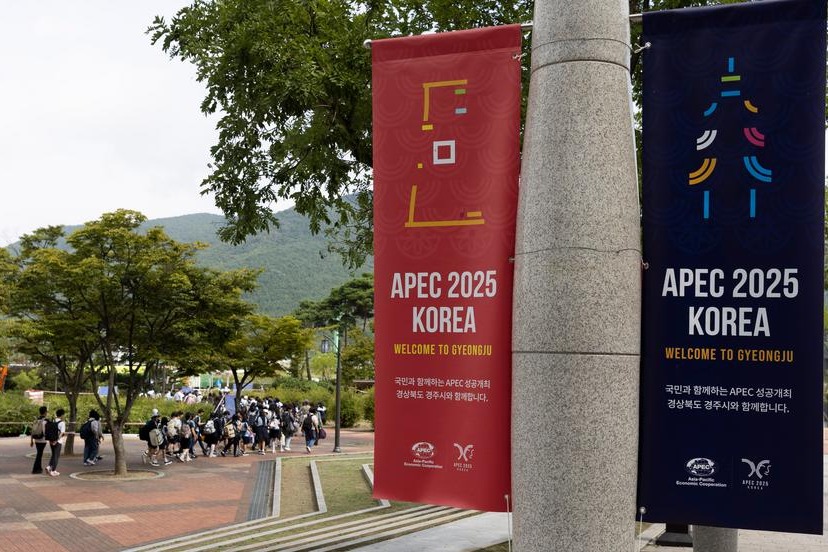Japan ties set to improve despite twists and turns

Policy coordination of vital importance

China-Japan relations have traveled a bumpy road over the past 40 years. In the years following the normalization of bilateral ties, especially after the signing of the China-Japan Treaty of Peace and Friendship in 1978, both sides experienced friendly and mutually beneficial relations. And while dealing with China, Japanese developed a "sense of superiority".
But as Japan sought to establish its "political power", its "neo-conservatives" ran rampant in the country, which, together with other issues such as distortion of facts in history textbooks, political leaders' visits to the controversial Yasukuni Shrine and the denial of Nanjing Massacre by some Japanese, have created more problems for bilateral ties.
After the end of the Cold War, the US tightened its political grip on Japan and tried to convince Japan to see China as an "imaginary enemy", in order to stop Tokyo from becoming self-reliant. Moreover, China's fast economic and military buildup has further weakened Japan's "sense of superiority". Such a psychological imbalance has not only affected Japan's nongovernment circles, but also influenced government policies toward China.
But the fact is, China's rise and Japan's pursuit of self-reliance both signify Asia's revival. So the governments and peoples of the two countries should reach a consensus on this. The two countries should try to balance their interests, and their peoples should adapt to the changes in the economic and strategic fields.
While trying to avoid vicious competition, the two sides need to find the greatest common factor, which will be their most important contribution to regional and global peace. At a time when the situation on the Korean Peninsula has improved and trade protectionism is increasing in some parts of the world, foreign policy coordination between China and Japan has become especially important.
Wang Ping is a research fellow at the Institute of Japanese Studies, Chinese Academy of Social Sciences.
















